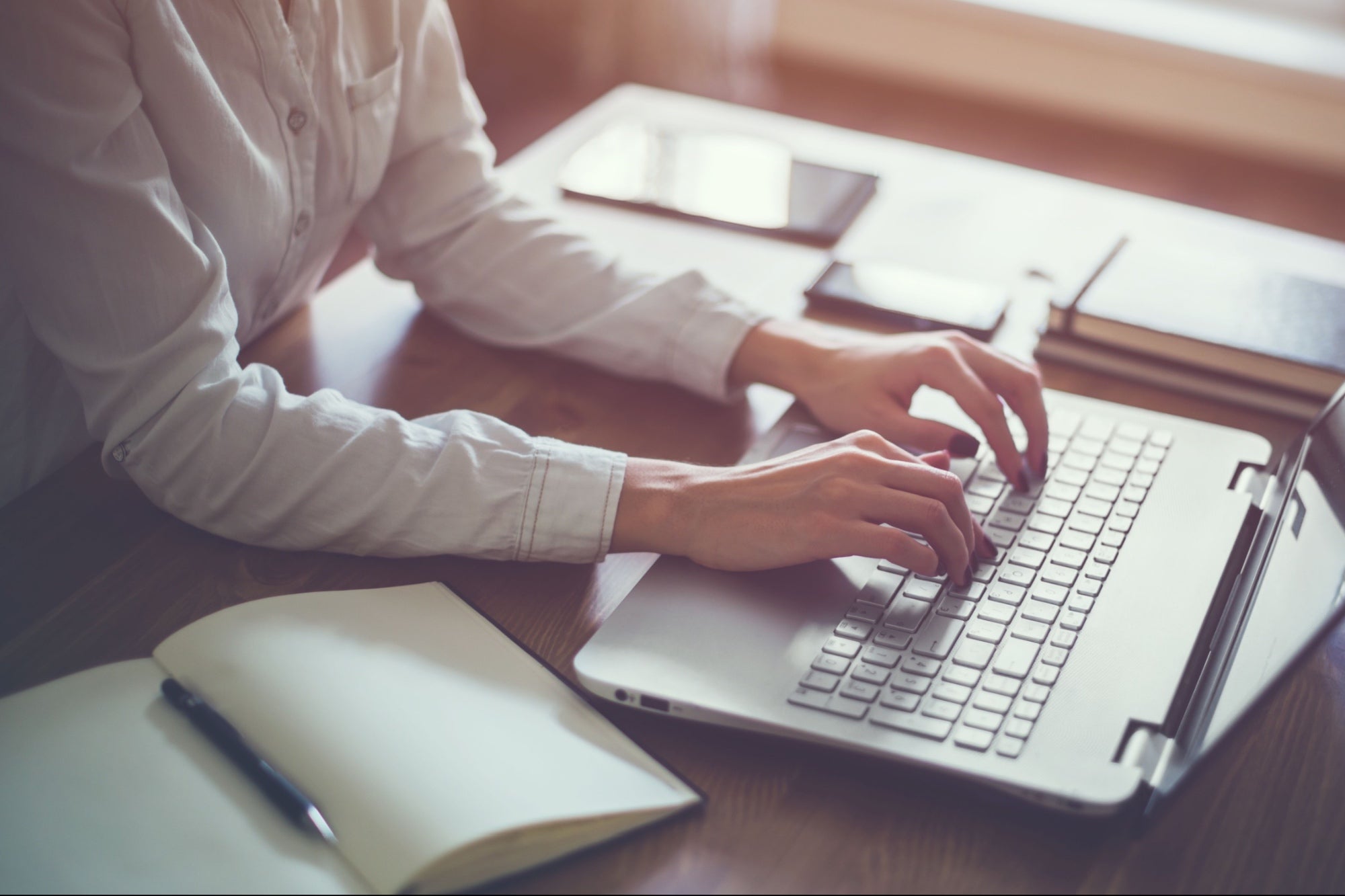Start With The Basics: Building A Gender-Balanced Workplace What it takes to build a gender-balanced, diverse workplace
Opinions expressed by Entrepreneur contributors are their own.
You're reading Entrepreneur Middle East, an international franchise of Entrepreneur Media.

Building a more inclusive, diverse workplace is not just a "nice to have," but a business imperative. Numerous studies –like Why Diversity Matters from McKinsey- show that gender-balanced and otherwise diverse teams, supported by an inclusive environment, outperform their more homogenous counterparts. And importantly, putting the business case aside, it's also the right thing to do.
As we transform our business in pursuit of our vision of creating a smoke-free future at Philip Morris International (PMI), we see inclusion and diversity as a critical enabler of our business transformation, for the purpose of creating a smoke-free future. And we're prioritizing improving the gender balance of management and leadership as the area in which we can have the greatest immediate impact. That's because women are half the world's population, and half the world's collective intelligence. That's a global talent gap. One that is in all our interests to close. So, how do we close the gender talent gap? In October, I spoke at the Women in Leadership Economic Forum in Dubai where this question came up. Unfortunately, as we all know, there is no silver bullet. There are interconnected psychological, behavioral, societal, and structural factors to consider: among them, bias and preferences for "masculine archetypes" of leadership, cultural gender norms about the ways women and men "should" behave, lack of support for childcare and parental leave for mothers and fathers, inflexible ways of working and career paths, and women's lack of access to networks and sponsors.
To make progress, it's necessary to build an ecosystem of interrelated actions. It starts with making gender equality business priority, and treating it like one– setting targets, investing time and resources, measuring progress, and holding leaders accountable. And it's critical to confirm "the basics" like equal pay for equal work. In building our ecosystem for gender balance at PMI, we chose to submit to a rigorous third-party, equalpay certification process to shore up the foundations, and confirm that our actual practices matched our good intentions and commitment to equality. Equal pay for equal work is the most basic measure of equality, and a tangible first step in recognizing the value of women's work and contributions to society. And incredibly this basic measure of equality can't be taken for granted. Even today, leaving aside differences in performance, experience and qualifications, and without questioning if those factors are objectively assessed, women are paid less than men for equal work all around the world, often because of bias.
Related: UAE Passes Equal Pay Legislation To Narrow Gender Gap
In March of this year, PMI became the first company to obtain the global EQUAL-SALARY certification from the nonprofit EQUAL-SALARY Foundation. This independent, external certification validates that PMI pays women and men equally for equal work everywhere we operate, from the UAE, to Argentina, to Russia, to Indonesia, and many more. PMI operates in more than 90 countries around the world, and the global EQUAL-SALARY certification covers them all. The EQUAL-SALARY certification methodology is a credible, recognized methodology underpinned by academic rigor, developed by the non-profit EQUAL-SALARY Foundation in collaboration with the University of Geneva, with funding from the Swiss government. It has been recognized by the European Commission, and over the past decade, many local Swiss companies and some public organizations, such as the World Economic Forum and Gavi, The Vaccine Alliance, have undertaken EQUAL-SALARY certification for their operations. PMI was the first multinational to undertake a global certification. The EQUAL-SALARY certification process involves four phases.
First, a statistical analysis of employee compensation data to check that there are no inexplicable differences between the salaries of men and women for work of equal value.
Second, a qualitative onsite audit of PMI affiliates around the world, during which PricewaterhouseCoopers, the auditors appointed by the EQUAL-SALARY Foundation do three things: one, conduct interviews with managing directors and management teams to confirm commitment to gender pay equity, two, hold focus group interviews with female employees about their perception of that commitment (our focus groups included more than 700 women worldwide), and three, review HR-related policies and practices regarding performance assessment and promotions, learning and development, compensation and benefits to identify potential gender blind spots, recommending corrective action as needed. For the global certification, phase two must be completed within 18 months after phase one begins, and the currency date of the submitted salary data. If the requirements of phase one and phase two are met, the EQUAL-SALARY Foundation issues the certificate and logo.
Related: Entrepreneur Middle East's Achieving Women 2019: Medea Nocentini, CEO, C3
The fourth phase is monitoring to ensure sustainable equal-pay conditions between men and women. The certification is valid for three years, provided certified companies submit to a monitoring audit in the second and third year to demonstrate their ongoing commitment and continuous improvement to ensuring sustainable equal pay conditions. As a multinational company with resources and influence, PMI believes it has an important to take a stand for addressing global sustainability challenges and opportunities like gender equality- not just as a tool for our own ability to attract the best talent, but also in encouraging other companies to follow suit, so that through our collective actions, we can achieve meaningful impact and create better, more sustainable futures for us all. We must value what women contribute to the world- and that starts with paying them equally. Everywhere.
Related: Entrepreneur Middle East's Achieving Women 2019: Mashal Waqar, Co-Founder And COO, The Tempest












